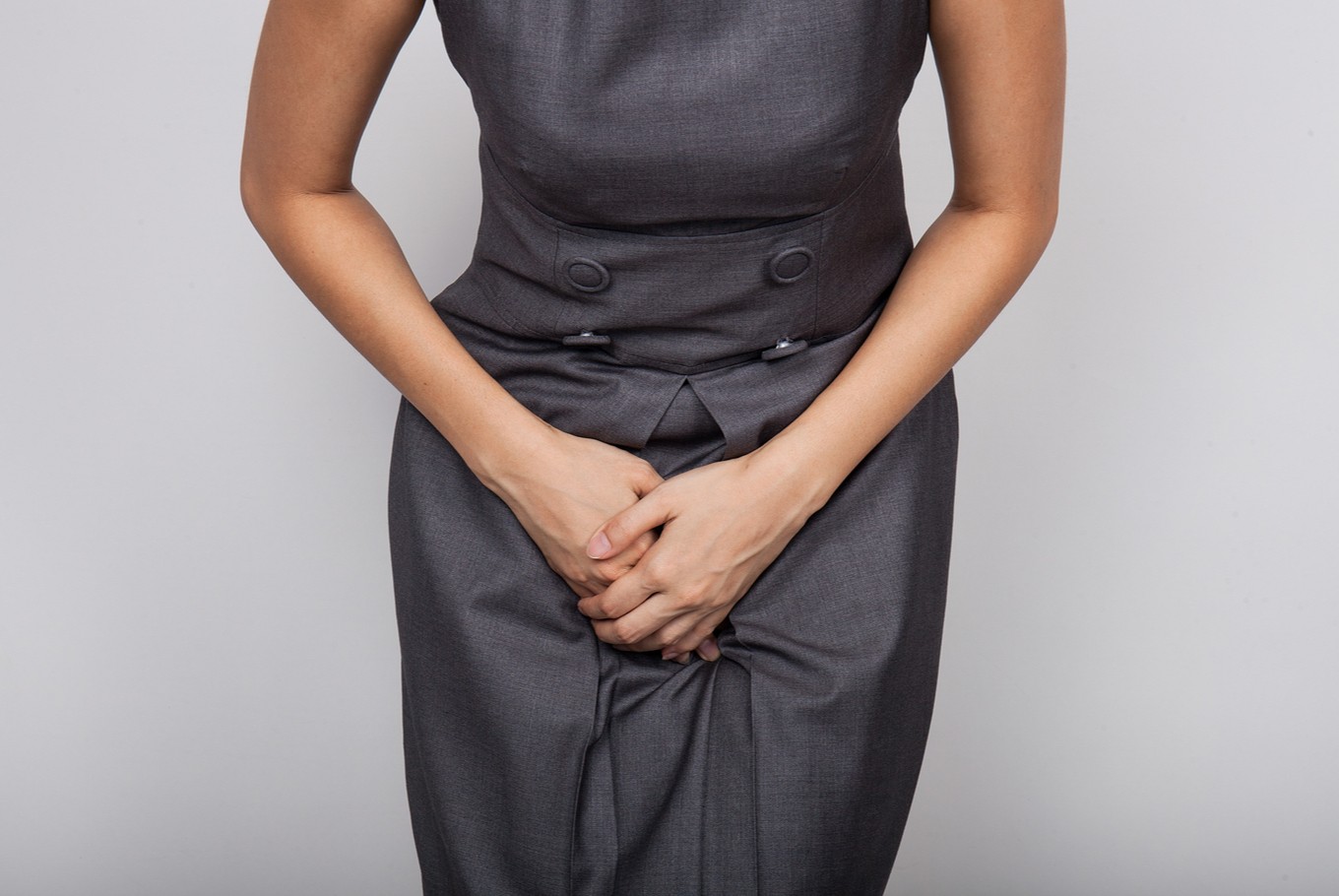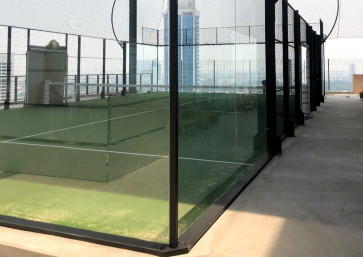Popular Reads
Top Results
Can't find what you're looking for?
View all search resultsPopular Reads
Top Results
Can't find what you're looking for?
View all search resultsUrinary incontinence: Symptoms, risk factors and causes
Urinary incontinence is a much more common problem than most people realize.
Change text size
Gift Premium Articles
to Anyone
U
rinary incontinence is the condition when a person cannot control their leakage of urine. Therefore, they urinate even though they do not want to. Control over the urinary sphincter is either lost or weakened.
Urinary incontinence is a much more common problem than most people realize.
Symptoms of urinary incontinence
The primary symptom is the unintentional release (leakage) of urine. When and how this happens will depend on the type of urinary incontinence.
Stress incontinence
This is the most common type of urinary incontinence, particularly among women who have given birth or gone through the menopause.
In this case “stress” indicates physical pressure, rather than mental stress. When the bladder and muscles involved in urinary control are put under sudden extra pressure, the person may pee involuntarily.
The following actions may cause stress incontinence: a sudden cough, sneezing, laughing, heavy lifting and exercise.
Urge incontinence (effort incontinence)
Also known as reflex incontinence or “overactive bladder,” this is the second most common kind of urinary incontinence, in which there is a sudden, involuntary contraction of the muscular wall of the bladder that induces an urge to urinate that cannot be stopped.
When the urge to urinate happens, the person takes a very short time before the urine is released, regardless of what they try to do. The urge to urinate may result from: a sudden change in position; the sound of running water (for some people); sex (especially during orgasm); and bladder muscles can activate involuntarily owing to damage to the nerves of the bladder, the nervous system, or to the muscles themselves.
(Read also: Common causes of painful urination)
Overflow incontinence
This is more common in males with prostate gland problems, a damaged bladder, or a blocked urethra. An enlarged prostate gland can block the bladder.
The bladder cannot hold as much urine as the body is creating and/or the bladder cannot empty completely, leading to small amounts of urinary leakage. Often, patients will need to urinate often, and they may experience “dribbling” or a constant dripping of urine from the urethra.
Mixed incontinence
This is where a patient experiences both stress and urge incontinence simultaneously.
Functional incontinence
With functional incontinence, the person knows there is a need to pee, but cannot make it to the bathroom in time owing to a mobility problem.
Common causes of functional incontinence consist of: confusion; dementia; poor eyesight; poor mobility; poor dexterity (cannot unbutton pants in time); depression; and anxiety or anger (unwilling to go to the toilet).
Functional incontinence is more prevalent among elderly people and is common in nursing homes.
Gross total incontinence
This either means that the person leaks urine continuously, or has periodic uncontrollable leaking of large amounts of urine.
The patient may pose a congenital problem (born with a defect); there may be an injury to the spinal cord or urinary system, or there may be a hole (fistula) between the bladder and, for instance, the vagina.
(Read also: Six things you should know about your pee)
Risk factors for urinary incontinence
The following are risk factors connected to urinary incontinence:
- Obesity: Obese people have been put under pressure on their bladder and surrounding muscles, which lessens the muscles and makes it more likely that a leak happens when the person sneezes or coughs.
- Smoking: Regular smokers are more likely to form a chronic cough, which may cause episodes of incontinence.
- Gender: Women have an importantly higher chance of experiencing stress incontinence than men, particularly if they have had children.
- Old age: The muscles in the bladder and urethra become weak during old age.
- Some sicknesses and conditions: People with diabetes, kidney disease, spinal cord injury, or neurologic diseases (in particular, residual deficits after a stroke).
- Prostate disease: Patients with a history of prostate surgery or radiation therapy.
Causes of urinary incontinence
We will separate the causes into the four types of incontinence:
Causes of stress incontinence: pregnancy, childbirth (labor), menopause (when estrogen levels drop the muscles may get weaker), a hysterectomy (surgical removal of the uterus or womb), some other surgical procedures, age, and obesity.
Causes of urge incontinence: cystitis (inflammation of the lining of the bladder); CNS (central nervous system) issues, examples are multiple sclerosis, stroke, and Parkinson’s disease; and an expanded prostate (the bladder may drop and the urethra could become irritated).
Causes of overflow incontinence
This occurs when there is an obstruction to the bladder. The following may trigger an obstruction: an enlarged prostate gland, a tumor pressing on the bladder, urinary stones, constipation, and urinary incontinence surgery that went too far.
Causes of total incontinence: an anatomical defect the person has had from birth, a spinal cord injury which messes up the nerve signals between the brain and the bladder and a fistula (a tube or channel that develops between the bladder and a nearby area, most typically the vagina).
Other causes of urinary incontinence: some medications, particularly some diuretics, antihypertensive drugs, sleeping tablets, sedatives, and muscle relaxants; alcohol; and urinary tract infection. (kes)











